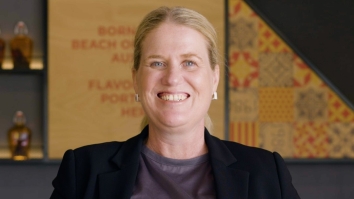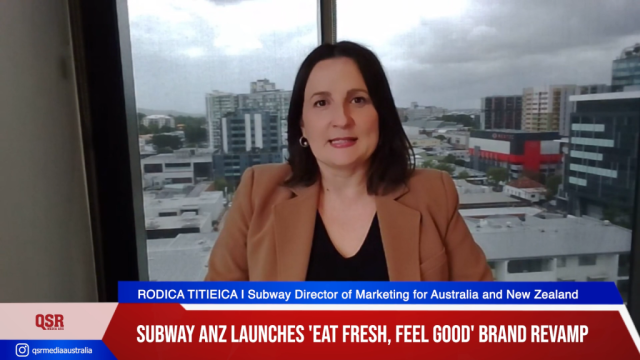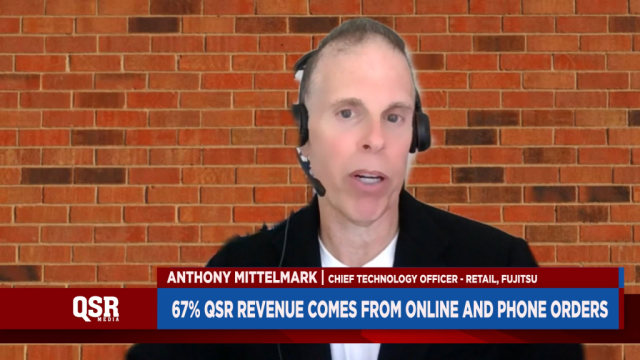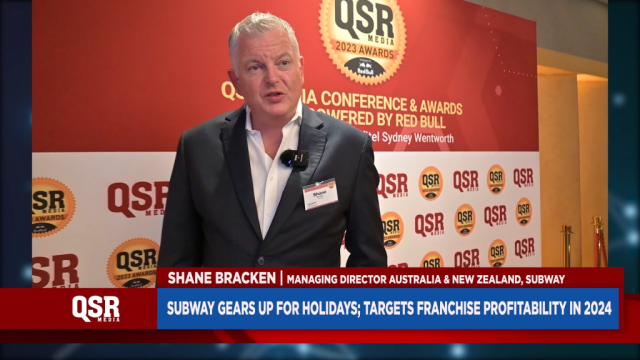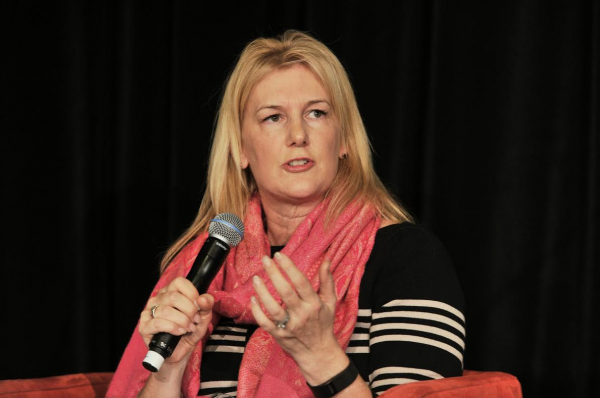
Consumers want brands to reflect their self-image, according to Euromonitor International, Pacific Retail Management and Yum! Restaurants International
Are you aspiring to be an ethical QSR brand?
Erika Sirimanne, Business Development Consultant at Euromonitor International; Nicola Mills, Chief Executive Officer of Pacific Retail Management; and Sarah Collier, Senior Supply Chain & CSR Manager at Yum! Restaurants International talks about ethical branding, sustainability and how to be a genuine brand at the QSR Media Detpak Conference and Awards held on July 22.
"There has been a shifting relationship between brand and consumer," Sirimanne told attendees at the QSR Media Conference. "Consumers, particularly Millennials, feel like the brands they patronise are an extension of themselves, and they want those brands to flatteringly reflect their self-image. Consider the very public way in which we live our lives these days, and how social media contributes to this. While Millennials care about animal welfare and the environment, what’s different is that they want others to know that they care."
She noted that technological developments have led to consumers having greater access to information, making them increasingly aware of their environment, as well as their impact on it.
"Consider that twenty years ago, information about the supply chain of my favourite fast food brand wasn’t readily available," she added. "The internet changed everything. Fast forward to 2015 and both small and large brands alike are incorporating information about their supply chain, production processes and sourcing on their websites."
CHALLENGES OF THINKING OUTSIDE OF THE BRAND
"I say this all the time, it sounds terrible we're not here to help humans, we're here to help the animals, we're here to help the environment, and how can we do that?" said Mills. "One of the challenges we face is not enough people are doing that. More and more people, more and more retailers need to be talking about recycling or how they treat their fish."
Another challenge that come up all the time, she noted, is is it economically sustainable? "We need franchisees to make a margin, we need to make a profit so you're always conflicted between doing the right thing and how you're going to actually make it work, make money. There is no group at the moment taking lead on it, no buying group. If there are more people, retailers getting together and buying more volume this will move faster. Right now, it's moving too slow."
For her part, Collier recounted that KFC's journey in sustainability literally started at the bottom of the bin. "We realised during a waste audit that most of our waste could be recycled. Look at waste levies, they continue to increase. We saw this as an opportunity to really make a big change, so that was a key driver for us to really start on this journey [on sustainability]."
"A few years back, we did what we call a life cycle assessment, we looked back right through our business to understand where the environmental and social hotspots were to help us define our sustainability framework. Our sustainability strategy is now centred around sustainable stores and a sustainable supply chain. We're extremely proud to be offering the first customer bottle and can recycling program in over 190 stores nationally and we're continuing to roll this out further. We also recycle in the backhouse, the cardboard, the canola oil and we are trialing food waste programs. What's interesting is that this really resonated with our employees and consumers. We're also recycling our old uniforms back hauling them and making them into carpet underlay. It shows that by partnering with our supplies, it can make a big difference. We have been working on a farm to fork study in partnership with our suppliers to understand where our sustainability opportunities are and where we can partner further with our supply chain on areas such as waste,”
Sirimanne recounted Chipotle's recent decision to stop serving carnitas in many of their restaurants earlier this year. "This shortage occurred because the company’s animal welfare auditors found one of its pork suppliers to be violating some of Chipotle’s core animal welfare standards. The restaurant insists on pork from pigs raised in humane conditions with ample room to move, rather than in cramped pens. Chipotle suspended all purchases from the supplier in question. This meant that they have been unable to supply about one-third of their restaurants with carnitas. Chipotle hoped that the pork shortage would encourage carnitas customers to try other menu options, but it appears that many customers have decided to hold out until carnitas return to the menu."
She noted that one mistake that Chipotle made was to rotate which markets would be carnitas-free for six weeks at a time during the winter.
"This created confusion among customers, which worsened the sales impact. The company has since stopped rotating the carnitas blackout. Long story short, Chipotle will undoubtedly experience a sales decline as a result of the pork shortage, but this issue demonstrates the company’s willingness to back up its ethical claims, by taking a holistic approach to ethical principles."
BE GENUINE
Ethical branding might seems simple, Sirimanne said, but she emphasized that it won't work unless it’s genuine, or at least it feels that way.
Adding, "brands can’t just conjure up a new sustainable slogan or ethical marketing direction; these claims need to be backed up. This is particularly relevant in the face of a brand scandal. Ethical branding remains a nebulous concept. It isn’t necessarily about directly monetising an associated benefit, but more so about re-shaping an entire business around the idea of sustainability, and this covers not only food, but also store design, staff uniforms, everything."
According to her, It’s important for even traditional fast food players to step up and make improvements in this area to remain in the competitive landscape, as it’s Millennials, a demographic which represents the future of consumption, that are driving this trend.






